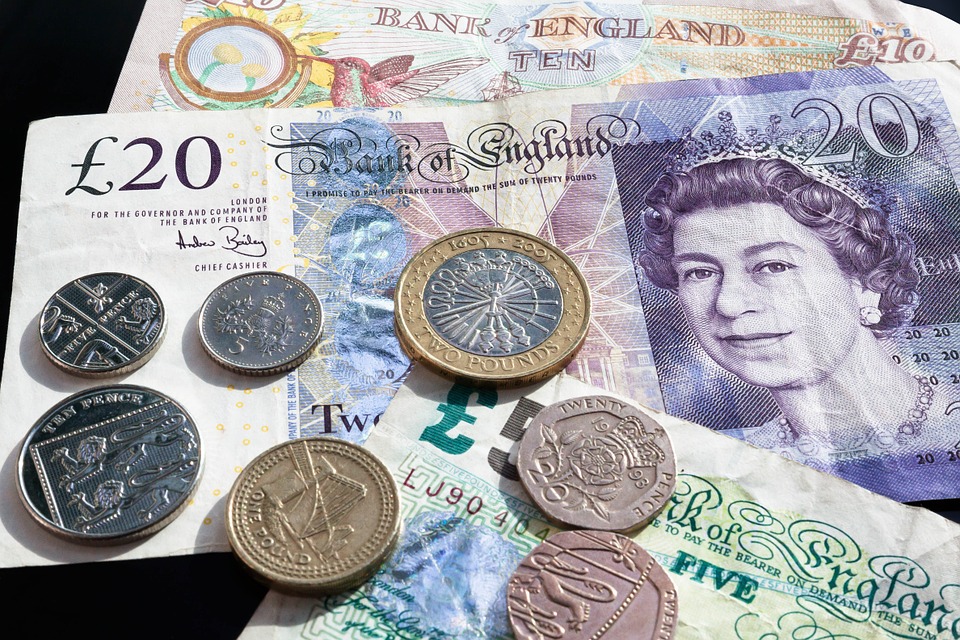Sterling steadies as UK economy returns to modest growth
Sterling steadied on Wednesday, after declines this week, as data showed Britain's economy had returned to growth in January after entering a shallow recession in the second half of 2023. Gross domestic product (GDP) grew by 0.2% month-on-month - boosted by a rebound in retailing and house-building - after a fall of 0.1% in December, in line with economists' expectations in a Reuters poll.

- Country:
- United Kingdom
Sterling steadied on Wednesday, after declines this week, as data showed Britain's economy had returned to growth in January after entering a shallow recession in the second half of 2023.
Gross domestic product (GDP) grew by 0.2% month-on-month - boosted by a rebound in retailing and house-building - after a fall of 0.1% in December, in line with economists' expectations in a Reuters poll. GDP shrank by 0.3% in the final quarter of 2023 and 0.1% in the quarter before - meeting the technical definition of recession widely used in Europe.
"This (latest GDP) data suggests that the UK economy merely dipped its toe into recession, and is quickly returning back to growth, although it is still fairly lacklustre at this stage," said Kathleen Brooks, research director at XTB. "This GDP report has not shifted the dial for UK rate cuts, after rate cuts were pushed forward on the back of the UK labour market data."
Money markets now see a 50% chance of a BoE rate cut in June. Last week they had expected a first cut only in August. Markets expect 68 basis points of interest cuts by December. Labour figures on Tuesday showed British wages excluding bonuses grew at their slowest pace since October 2022, while the unemployment rate edged up unexpectedly. The data may slightly ease the BoE's inflation worries.
Sterling was last flat against the dollar at $1.2788, but it is already set for its biggest weekly decline since early December after sharp declines earlier this week. Last week, it climbed to its highest since July. Against the euro, sterling was 0.1% lower at 85.52 pence.
"Admittedly, the recession is expected to be shallow and institutions have been warning for a while that the UK economy would likely be weak, which may therefore already be priced in," said Stuart Bennett, head of G-10 FX Strategy at Santander CIB. The GDP data offered some relief to Prime Minister Rishi Sunak ahead of an election expected this year.
(This story has not been edited by Devdiscourse staff and is auto-generated from a syndicated feed.)
ALSO READ
British military warns of possible vessel being boarded near Strait of Hormuz
British military warns of possible vessel being boarded near Strait of Hormuz
British PM Sunak's Rwanda scheme set to pass parliament but challenges await
Iran summons the British, French and German ambassadors over 'double standards'
Gigantic marine reptile's fossils found by British girl and father










